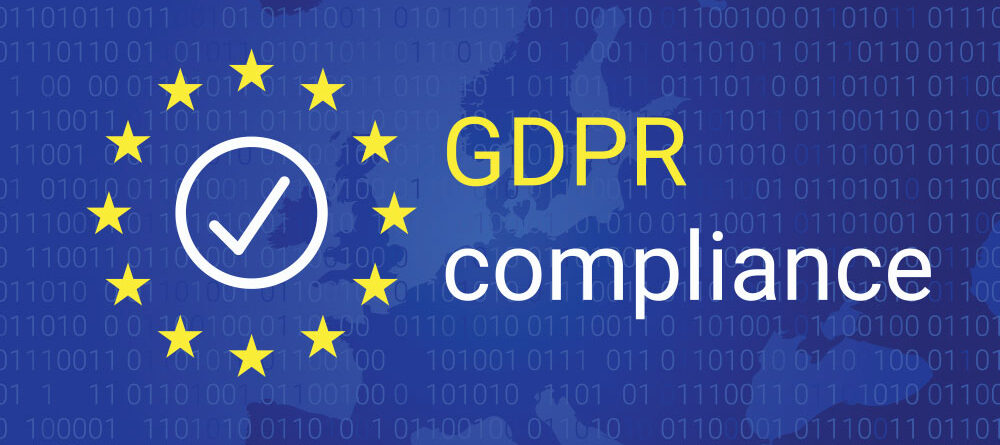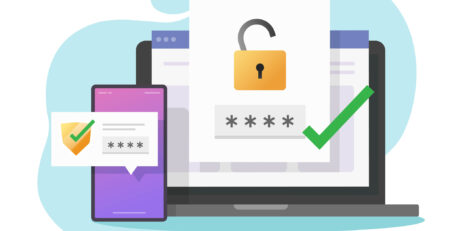Ensuring GDPR Compliance
In this era of digital transformation, data privacy and security have become paramount. The General Data Protection Regulation (GDPR) is a regulation enacted by the European Union (EU) to protect the privacy and personal data of its citizens. Compliance with this regulation is mandatory for all businesses that handle the data of EU citizens, regardless of their location. This is where managed services come into play. Here are some ways managed services can help ensure GDPR compliance.
1. Data Protection
Managed services providers (MSPs) offer robust data protection services, including data encryption, backup, and recovery. These services ensure that your data is secure and can be restored in the event of a data breach or loss, a key requirement of the GDPR. MSPs use state-of-the-art encryption algorithms to protect your data both in transit and at rest, ensuring that even if a breach occurs, the data remains unreadable to unauthorized individuals.
2. Regular Audits
MSPs conduct regular audits to assess your data handling practices and ensure they comply with GDPR requirements. These audits can identify potential vulnerabilities and areas for improvement. Regular audits not only help ensure compliance but also contribute to the overall security posture of your organization by identifying and addressing vulnerabilities before they can be exploited.
3. Staff Training
MSPs can provide training to your staff on GDPR compliance. This includes educating them on data protection principles, data handling practices, and how to respond to data breaches. This training ensures that all members of your organization understand their responsibilities under the GDPR and are equipped to handle personal data securely and responsibly.
4. Incident Response
In the event of a data breach, swift response is crucial. MSPs have incident response teams that can quickly contain the breach, minimize damage, and notify affected parties, as required by the GDPR. This rapid response can help limit the impact of the breach and reduce potential fines and reputational damage.
5. Documentation
MSPs can help maintain necessary documentation, such as records of data processing activities and data protection impact assessments. This documentation is essential for demonstrating GDPR compliance. MSPs can also assist with the creation of data protection policies and procedures, further supporting your compliance efforts.
6. Continuous Monitoring
Continuous monitoring of your IT environment is another critical service provided by MSPs. This monitoring can detect potential security threats in real-time, allowing for immediate response and remediation. Continuous monitoring is particularly important under the GDPR, which requires organizations to demonstrate that they have taken appropriate measures to protect personal data.
By partnering with a reliable MSP, businesses can navigate the complexities of GDPR, safeguard their data, and focus on their core operations. With the right support, GDPR compliance can become a seamless part of your business operations, rather than a daunting challenge.











Leave a Reply